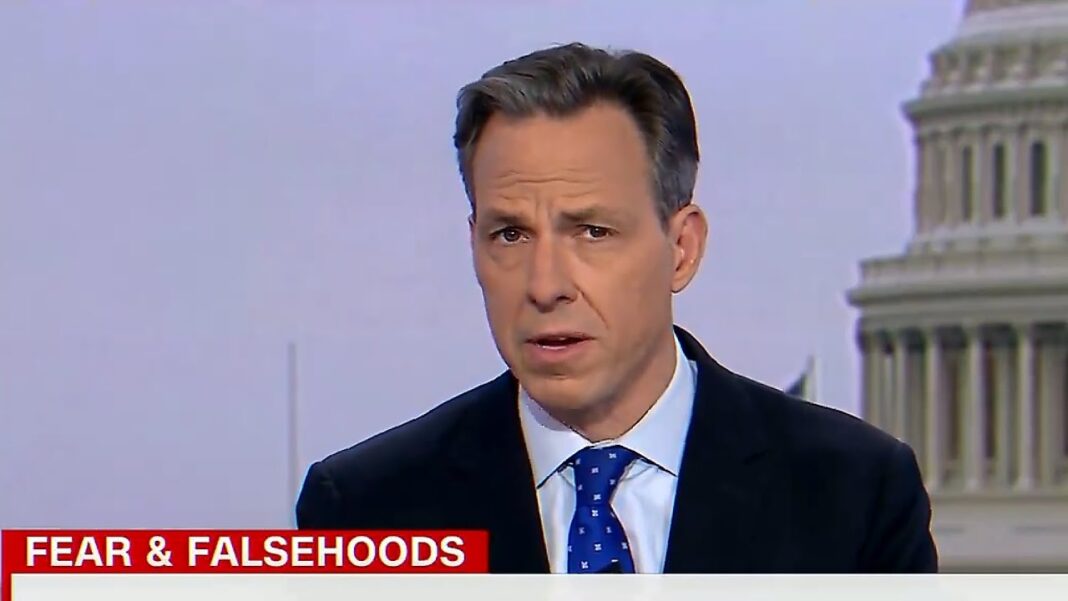In the 20th and 21st century 13 conflicts and wars have occurred between Israel and its neighboring states and territories. There have been 3 wars between close allies of Israel and neighboring Arab countries. Each of these engagements can trace their origins back to the humiliation and contempt wrought upon the Middle East by Britain and France through the transgressions of the Sykes-Picot legacy.
This essay will bring into specific relief the effects of British and French Imperialism today in the Middle East stemming from the “line in the sand” of Sykes-Picot more than 100 years ago.
“France will never let Lebanon go.”
To witness the effects of Sykes-Picot in the Middle East, one need only consider the contemporary status of Lebanon as a nation-state and France’s neocolonial behavior towards the country and its people.
Following the 2020 devastating ammonium nitrate blast in Beirut, Human Rights Watch reported 218 killed, 7,000 wounded and 300,000 displaced. Macron pledged to always be by Lebanon’s side, exclaiming, “France will never let Lebanon go.” He was met with cries of “Vive la France!” It seems that the Lebanese people should take the French president at his word, literally:
“France will never let Lebanon go.”
Lebanon’s economic and political difficulties have their genesis in the French-imposed confessional system. Similarly, its economic concerns are a consequence of Western created neo-liberal policies and the international rule-based order advocated by its British and French “US vassals.”
It was not the Lebanese who insinuated the country into the politics of the region for the purpose of ensuring France’s own political agenda. Corrupt Lebanese governments (trained and educated in France) certainly share blame. But there is an overarching issue also at play in the region – Western political hegemony, especially, the French imperialist variety.
During the Paris conference Macron “let it slip” – he tweeted: “Lebanon’s future is being determined.” No doubt, but that has been the problem since the Mandate in 1923.
Yes, the French president spoke the truth when he said,” Lebanon’s future is being determined,” – but he failed to mention that it was being done – without the Lebanese. This of course is reminiscent of Czechoslovakia in the 1930s. The refrain then was “…about us but without us.”
Lebanon’s future is again “being determined” in the Elysee Palace and the IMF, via the Bretton Woods protocols – the same old colonial system.
Western propaganda is, of course, playing its customary role in Lebanon – manufacturing consent in the minds of the populace. Examine the Western media narrative around who is giving aid to Lebanon.
Non-Western aid was barely acknowledged in political, media, or public discourse. Instead, the Paris conference amassed the overwhelming majority of political, media and public attention. This type of Western assistance undermines Lebanon’s potential for self-determination, endangering its future. It effectively keeps them dependent on states that care little about them unless they decide to manipulate them to their own ends.
By fostering Europe’s political centrality, assistance to Lebanon is employed as a tool by the West – to control the levers of political power. For this reason, and through this mechanism of control and concealment, it is not only colonial, it is re-colonization.
“The Revolt is beneficial to us…”
Historians date the beginning of British imperialism in the Middle East to 1798, the year Napoléon invaded Egypt. From this episode until decolonization in the mid-twentieth century, British policies in the region reflected the interplay of Great Power rivalries and the balancing of strategic and economic interests – and they never left.
In 1908 oil was discovered in Iran. From that point Britain became interested in the stability of the region for its own political agenda. It was mere political expediency – and it continues today.
The following excerpt from History.com recounts T.E Lawrence’s intelligence memo to his British superiors in 1916 demonstrating Britain’s then political leanings: “The Revolt is beneficial to us, because it marches with our immediate aims, the breakup of the Islamic ‘bloc’…The Arabs are even less stable than the Turks. If properly handled they would remain in a state of political mosaic, a tissue of small jealous principalities incapable of cohesion.”
It is interesting that the Sykes-Picot political divisions of the Fertile Crescent were based on strategic, commercial interests like oil. Today, the British psyche is a prime motivator in foreign policy decisions: Perceived status and prestige in the world are pivotal drivers of British foreign policy.
The decision makers are people with prestigious liberal educations and privilege which makes one wonder:
Why does British foreign policy in the Middle East abuse human rights and prioritize Britain’s power status over others?
Britain, far from being a true democracy, is actually more like a ‘cabal’ that promotes the interests of a privileged elite. The idea that Westminster is the “mother of all parliaments,” setting forth a democratic model for the world, is a myth. Real power is under the auspices of an elite few who control policy-making institutions and the dominant ideas in society.
In 1976, Lord Hailsham termed the British an “elective dictatorship” – it parliament is easily dominated by the government of the day which faces few constraints on its power. Yet, this was before former prime minister Margaret Thatcher centralized decision-making still further, regularly bypassing the cabinet and relying on a small set of advisers.
British foreign policy-making according to issuu, Oxford Political Review is tightly controlled; a prime minister (with a handful of backing) deploys troops worldwide without consulting “the mother of all parliaments.”
Special forces are operating in Yemen now and in Syria (since 2011) despite parliament approving only air strikes against the Islamic State (IS) group in Syria and Iraq. The Guardian reported in 2019 that there remains almost no discussion on the matter by elected MPs.
Gaza and the Palestinians
Nicola Perugini, a senior lecturer in international relations at Edinburgh University, asserts: “Britain was the original sin.” The Balfour Declaration, he asserts in Open Democracy 2023, “was the moment that instituted the impossibility of political rights for Palestinians.”
The British elite still see themselves as an empire and the appearance of having power is critical to their psyche. It’s just who they understand themselves to be – it’s their sense of identity.
The “deep state” in Whitehall is deeply embedded – it, like the British in the region, are seemingly there to stay. But so are the latent effects of Sykes-Picot, and the people of the Middle East endure one more year of humiliation from and contempt for British and French Imperialism.







